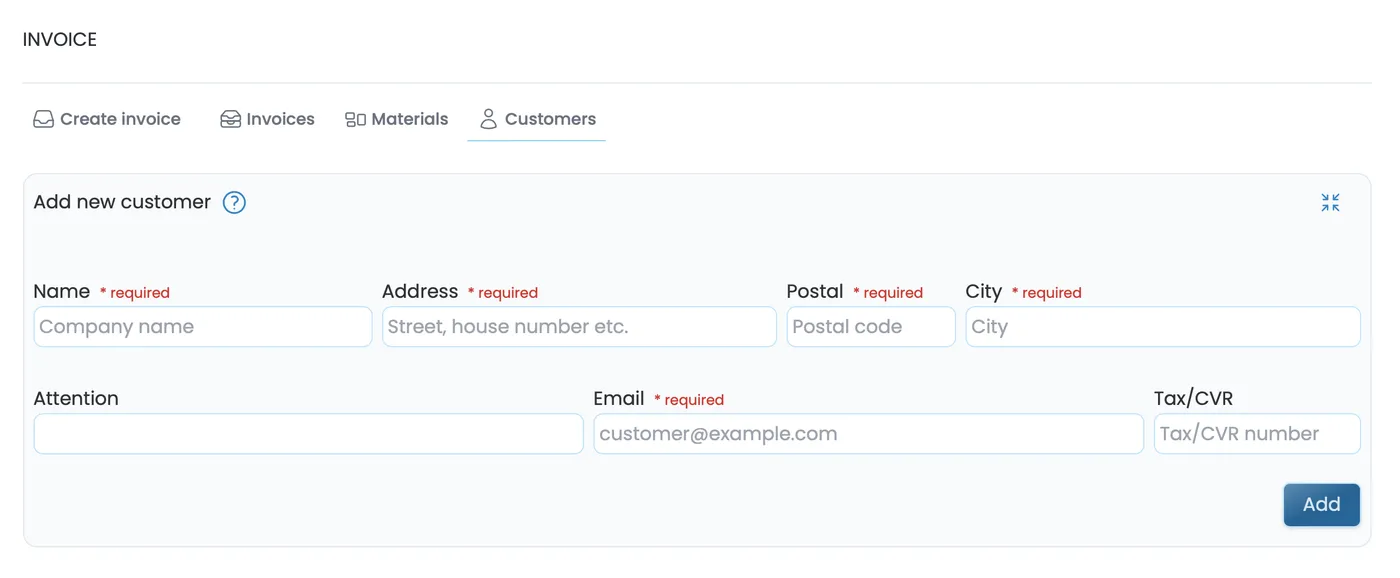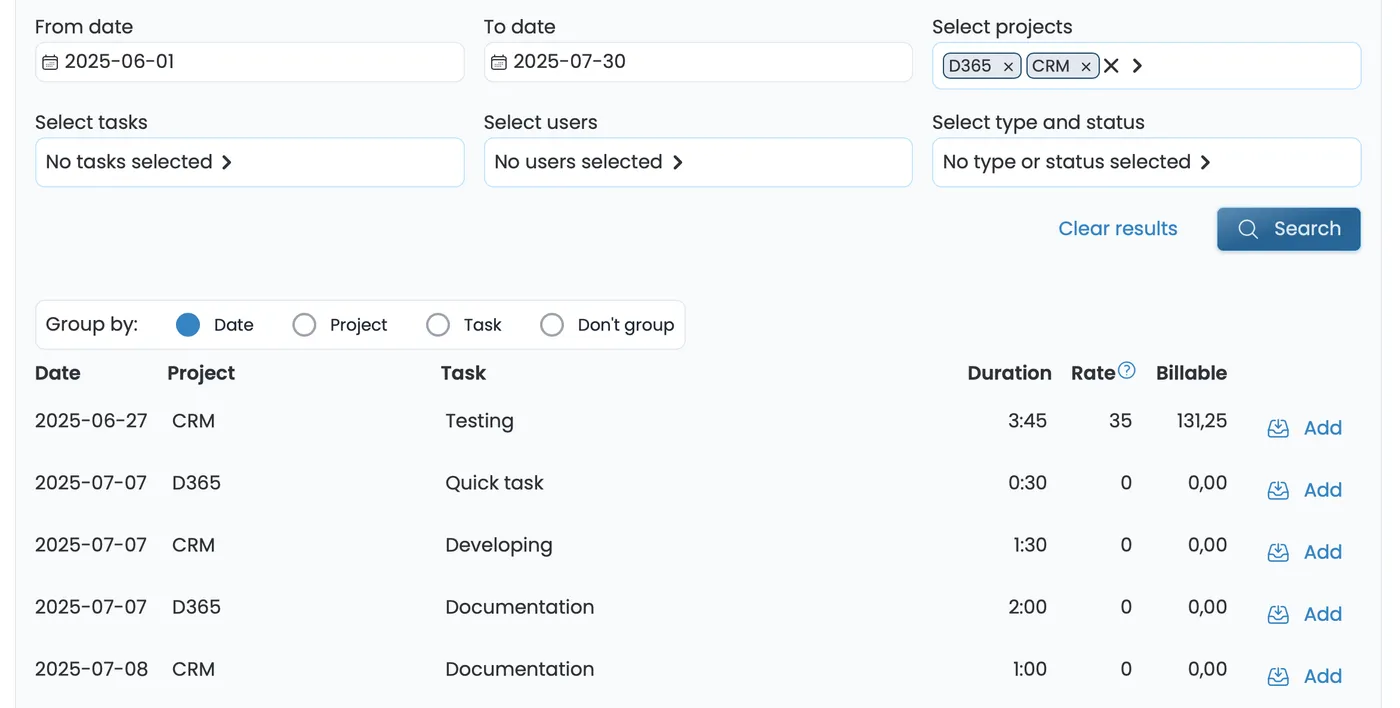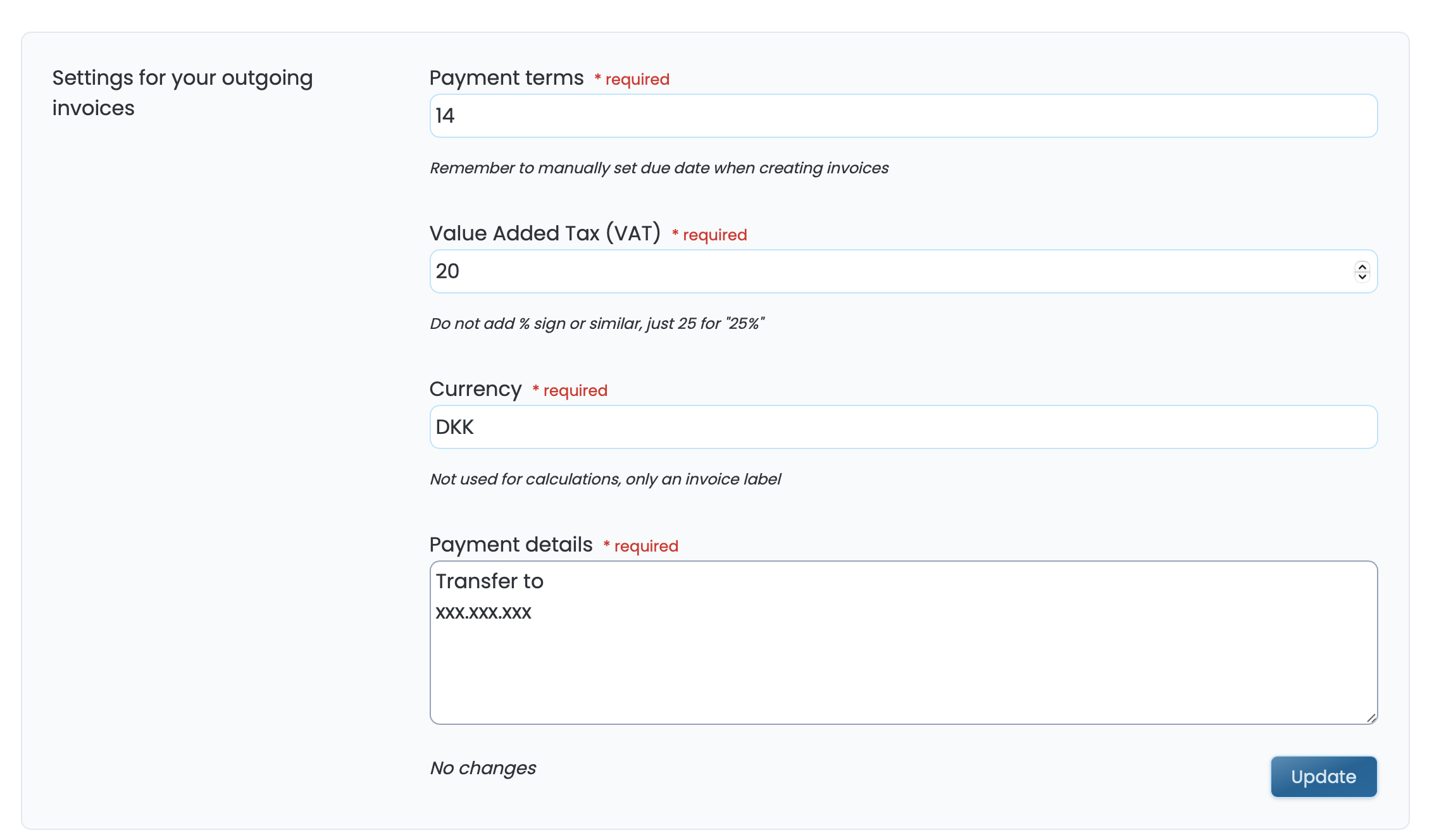Independent Contractor Invoicing: How to bill clients.
Published {$created} by Tina Blum
As an independent contractor, invoicing is more than just sending a payment request — it’s a reflection of your professionalism and a crucial part of getting paid on time. Whether you're new to freelancing or looking to improve your billing process, mastering invoicing can help you maintain cash flow, build trust with clients, and reduce back-and-forth.
Why Professional Invoicing Matters
Clients expect clear and accurate invoices, sent on time. A confusing invoice can cause delays, or even non-payment. On the other hand, a professional invoice:
Sets clear expectations on when payment should be done
Builds trust in your services
Helps you stay compliant for tax purposes
Reduces misunderstandings
What to Include in an Invoice
Every contractor invoice should include the following:
Your name or business name and contact info - preferable phone number and/or e-mail address.
Client’s name and contact info, also CVR or VAT number.
Unique invoice number
Date of invoice and due date
Detailed list of services provided, including hours, rate, and totals
Subtotal, taxes (if applicable), and total amount due
Accepted payment methods (bank transfer, PayPal, etc.)
Payment terms (date) (e.g., “Due in 14 days”)
Our Tool for Contractor Invoicing: Why Choose Nureti
When it comes to invoicing as an independent contractor, Nureti gives you more than just templates — we give you a streamlined, professional workflow from time tracking to getting paid.
Here’s how Nureti supports your invoicing process:
Your clients are registered in the system, and you can also add them when you need to write their first invoice.

Time tracking: Track your work directly in a visual calendar, quick register or one of our other time trackers, making it easy to log hours accurately and bill the right amount.
Choosing the projects and tasks you have done, the once you have tracked, and then add them to the invoice.

Custom payment terms and currencies: Tailor your invoices to match client requirements — including due dates, hourly or flat rates, and your preferred currency.

Simple, clean interface: Designed for freelancers and small teams, Nureti makes invoicing feel effortless — no accounting degree required.
Whether you're billing hourly or by project, Nureti helps you stay organized and get paid faster —
It's really easy to use!
All without switching between tools.
Common Mistakes to Avoid
Forgetting to number invoices – It complicates tracking and taxes
Missing payment terms – Leads to unclear deadlines
Not following up – Sometimes clients simply forget; a polite reminder goes a long way
No backup data – Always keep your timesheets or deliverables handy
Final Tip: Keep It Consistent
Set aside a specific day or time each week to send invoices, track payments, and follow up. It shows you take your work seriously — and encourages clients to do the same.
Read more about our simple ways of tracking time in the blog post
Simple Time Tracking for Independent Contractors,
Smart Time Reports for Independent Contractors
or sign up now and try it for free.